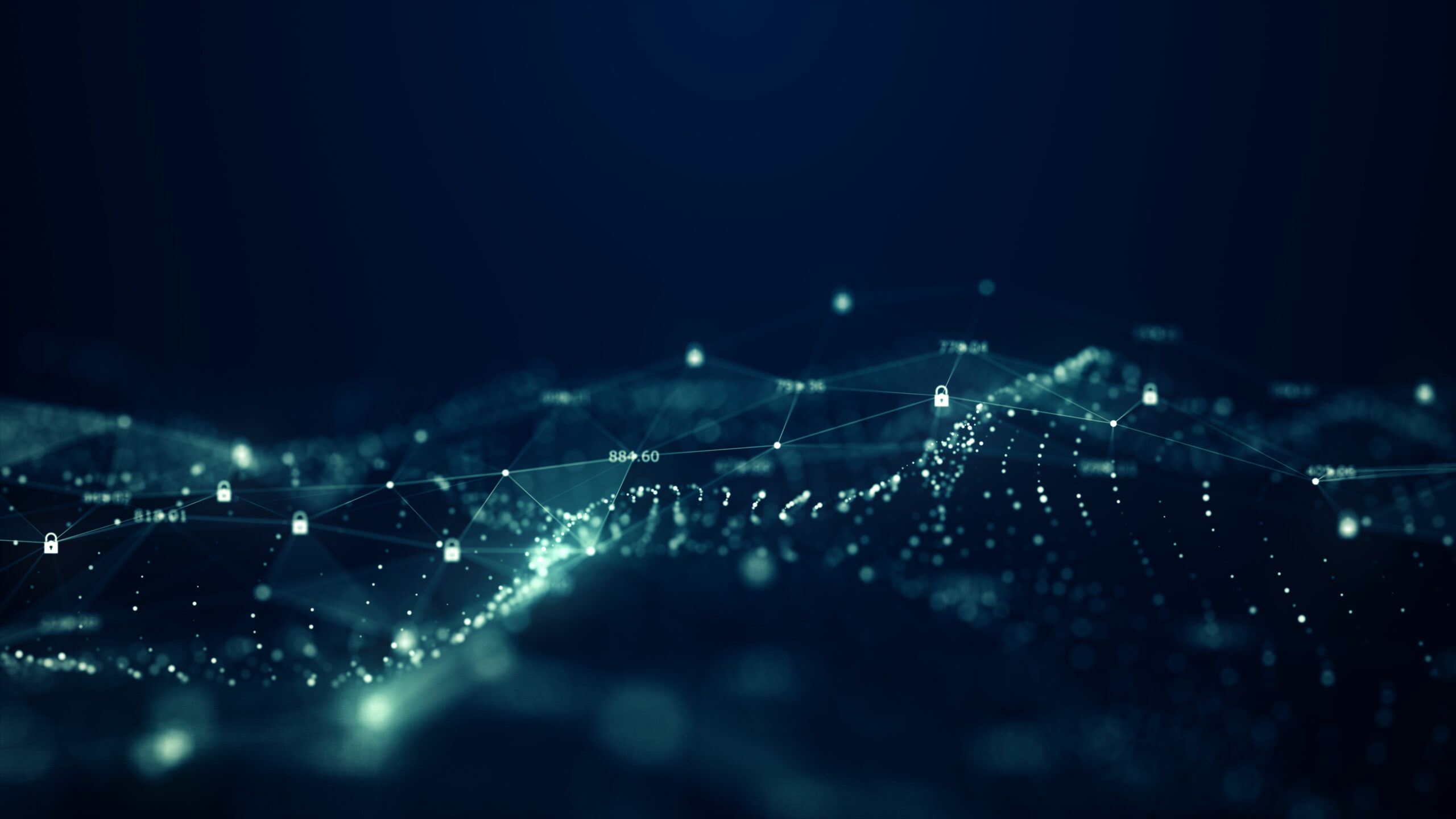Artificial Intelligence
How advanced artificial intelligence will change your life

Artificial intelligence could help us solve the challenges of work, health, happiness or even death. Two experts talk about a scenario that would change the world and your life.
What do humans want from life? The answers we hear most often are: “I don’t want to have to work”, “I would like to be always healthy”, “I want to be happy” or “I want to live well for many years“. Let us now think about artificial intelligence: how it changes the world and your life, and at what pace. Could artificial intelligence lead us to achieve those goals that seem a dream today?
It is true that apocalyptic messages about the development of advanced artificial intelligence that will make our lives impossible are numerous. However, nothing is set in stone about this. In fact, issues such as work, health, happiness or even death may be solved in the future thanks to this technology. Some people think so. That artificial intelligence can change our lives for the better. Much better.
From limited artificial intelligence to general artificial intelligence
The key to placing so much hope in a handful of algorithms has to do with the exponential development that artificial intelligence is experiencing.
At the moment, we are talking about weak or narrow artificial intelligence, specifically designed to handle single or extremely limited tasks. This, in turn, reduces the possibilities of artificial intelligence to change the world and, with it, your life. The reason? Because that world and that life are too complex.
That is why we humans are, for the time being, in the lead. We are capable, among other things, of executing quite different, complex tasks and switching between them easily, unlike machines. However, this could become a thing of the past, if we develop Artificial General Intelligence (AGI), with cognitive capacity (at least) similar to that of an adult human.
Although it may sound like the stuff of science fiction novels, the pace at which artificial intelligence is developing makes this scenario increasingly plausible. In fact, it is already being studied.
Humans in the place of chimpanzees
So, what would happen with artificial intelligence, and how would general artificial intelligence change the world and your life? For a start, you would no longer be the smartest in the class. At least, that’s how Calum Chace, an expert at the Bankinter Foundation, author of bestsellers on artificial intelligence and a world leader in scientific dissemination of this subject, sees it.
“If we manage to create artificial general intelligence, humans will become the second most intelligent species on the planet,” says Chace. In other words, we will take over the current position from chimpanzees.
This is because machines can be enhanced and accelerated in many ways that the human brain simply cannot achieve. “This will not only impact on humanity, but could become very uncomfortable,” warns the expert.
The key seems to lie in getting this superintelligence to like us, i.e., to like and understand us. If this is done, it could solve any of the major problems we face today that require a higher intelligence to solve. “This includes issues such as poverty, war and death,” says Chace.
Sentient artificial intelligence?

If the key to achieving everything we ask of life is to be liked by a robot that is smarter than us, does this mean that artificial intelligence will develop feelings? That it will have the ability to feel in order to generate them?
According to António Damásio, trustee of the Bankinter Foundation of Innovation and a world-renowned figure in neurology, machines developing the ability to feel would open the doors to “the possibility of using a mechanism that is probably responsible for the generation of consciousness”. In other words, one of the main ingredients of the disturbing singularity that would lead machines to surpass us.
However, this scenario does not seem possible at the moment. As Damásio points out, before we consider inducing something akin to sentience in an artificial intelligence, we should know better how we ourselves function. “Neuroscience and biology in general need to fully clarify how feelings are developed in living organisms and how we feel in general,” he says.
Calum Chace suspects that, in reality, artificial general intelligence would think very differently from humans. “I’m not convinced that it will develop emotions,” he admits. “I also think that becoming the second most intelligent species on the planet will be a bad development for us, unless we can integrate with the new most intelligent species,” he predicts. “I hope and expect that species to be willing to do so as well,” he adds.
António Damásio agrees, noting that, if it comes to that, we would have to accept something that seems complicated today: that artificial intelligence devices are not so different from living beings. If sentient artificial intelligence were to enter the scene, we would develop a greater dependence on it and even “a possible atrophy of some of our human capacities”, Damásio notes.
Artificial intelligence to change the world and your life
Let’s go back to the beginning for a moment. What about fulfilling our most human dreams thanks to artificial intelligence? What about ending unhappiness, illness, clocking in at work, ageing or even death? And, above all, what if death were optional?
The latter is a question that shocks Calum Chace tremendously. “I find it odd that people have to be convinced that making death optional is a good thing, but it seems to be something that most people need,” he exclaims.
So Chace suggests a simple thought experiment: “Ask yourself: do I want to die now? The answer is likely to be ‘no’—otherwise, stop reading and seek help immediately. Now imagine the day when you pass the age at which you could reasonably expect to die, say 120 years. Imagine you are as healthy as you are today, and you still have friends, hobbies and projects. Would you want to die on that day? Probably not. So the first consequence of stopping and reversing ageing is that you don’t have to die—and that’s wonderful!
OK, but what if we lived thousands of years, how would the world and life change? “We would probably change a lot in our lifetimes, even more than we do now. But I suspect that, if we were to live that long, we would do so as ‘uploaded’ minds, housed elsewhere. That way we would be able to retain memories better, and we would also be able to control our changes”.
A world without work
As for the future of work, which many people already view with trepidation as robots begin to take over jobs, Calum Chace believes that we will no longer need to work for a living. A possibility facilitated by the so-called “abundance economy”, brought about by an advanced artificial intelligence working for all of us.
“The abundance economy means that everything you might need for a very good standard of living is practically free, so people don’t have to work. We will do it anyway, because we have been programmed to do so by evolution,” the expert clarifies.
However, the concept of work will change a lot, according to Chace. “Our work will consist of activities that we enjoy. Some people are lucky enough to live like that already, and the world will be a much better place if no one has to spend their days doing things they don’t enjoy”.
And what do we do in the meantime? While we will still need to work and artificial intelligence gradually leave us with no space to do so? “The first thing we need to do to manage that scenario well is to get a lot more people to take seriously that this is going to happen. And start thinking about how to smoothen that transition,” says Chace. “I suspect that the economy will automatically follow suit and that the biggest challenge will be to manage the fear of impending mass unemployment,” he concludes.









